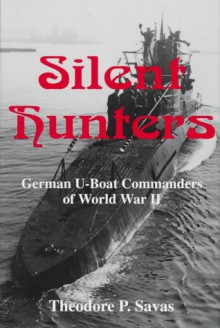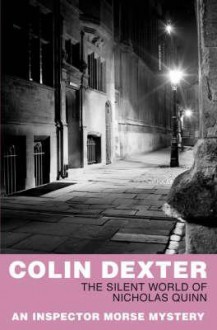
This is a slim collection of essays by different authors so naturally the style and substance vary. One I enjoyed was Eric Trust's hagiography of Friederich Guggenberger. Coming from a military family and finishing school during the hyperinflation and depression of the thirties it was no wonder he choose the naval service. As a member of "Crew 34" he was in illustrious company of several future u-boat commanders.
Guggenberger's claim to fame comes from his sinking of the Ark Royal, a British carrier, in the Mediterranean. That and the later sinking of a battleship made Hitler believe his decision to move subs from the Atlantic into the Mediterranean was a good one. It was not. Less tonnage sunk and more casualties was the result.
What made the book really interesting for me was the last essay on the case of Heinz Wilhelm Eck, the only U-Boat captain to be tried, convicted and , was hardly different than actions committed by numerous Allied soldiers and commanders. That hardly makes it right, but execution.....?
Before embarking on his last mission, Eck had been warned by U-Boat veteran Albert Schnee, ranked #22 among German U-Boat commanders, that Eck’s command, the U-852, was one of the largest and slowest U-Boats and to be extremely careful in the transit area, mentioning that traces of wreckage, and presumably survivors, of a torpedoed ship, could place the U-boat in danger. All four type IXD2 boats preceding Eck’s U-852 had been sunk. Schnee’s warning was emphasized by Gunter Hessler. Fifty-four days later, Eck ordered the machine-gunning of the survivors of the Peleus. Unfortunately for Eck, one survived. Ironically, the British knew of his presence less because of the wreckage he failed to sink and instead because of his radio message to Berlin reporting the sinking of the Peleus.
Located and attacked by British aircraft, the U-852 was so damaged that it could not dive, but Eck determined to save his crew by beaching the boat. They managed to fight off further strafing attacks. Eck failed to successfully destroy the boat with demolition charges and more crucially did not destroy the ship’s log which was then captured. It was only the log that linked the U-852 to the Peleus. Crewman escaping the boat were machine-gunned in the water by the British planes and several were killed.
Germane to Eck’s case was the Laconia affair in 1942 in which a German sub had torpedoed a large ex-liner transport carrying thousands of prisoners of war, civilians, and wounded British troops. The submarine, aided by others that came to the scene, began a rescue oiperation and broadcast their position saying they would continue rescue operations as long as they were not attacked. They draped their boats in Red Cross banners. Despite this, they were attacked and bombed by an American B-24 who had radioed for orders and was told to attack the U-boats, their decks covered with survivors. The American commander who gave the order to attack, Captain Robert Richardson, justified his actions as an “operational necessity.” Following this, Admiral Doenitz forbade helping any survivors. Eck wanted to use the Laconia incident and Doenitz orders as justification for his actions during the trial.
The trial was held in October of 1945 and the verdict was a forgone conclusion given the decisions of the court disallowing the defense time to prepare or even time for their witnesses to arrive.
I’ve probably already included too many spoilers but since the events surrounding the case are fairly well known, it most likely doesn’t matter. This essay alone made the book worthwhile. It’s a fascinating case that raise all sorts of moral and legal issues with regard to how we conduct war and the responsibilities of the combatants.


 Log in with Facebook
Log in with Facebook 












